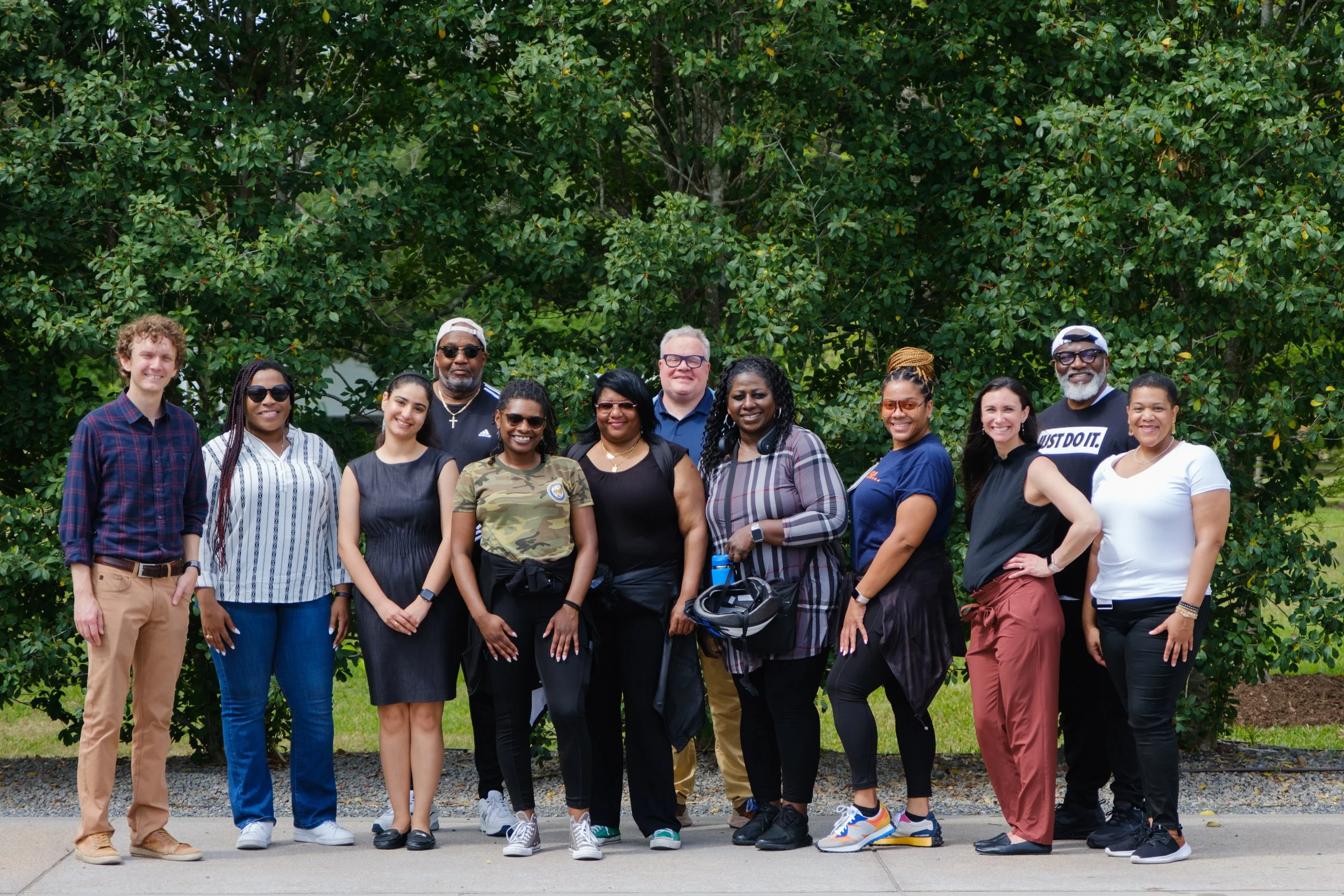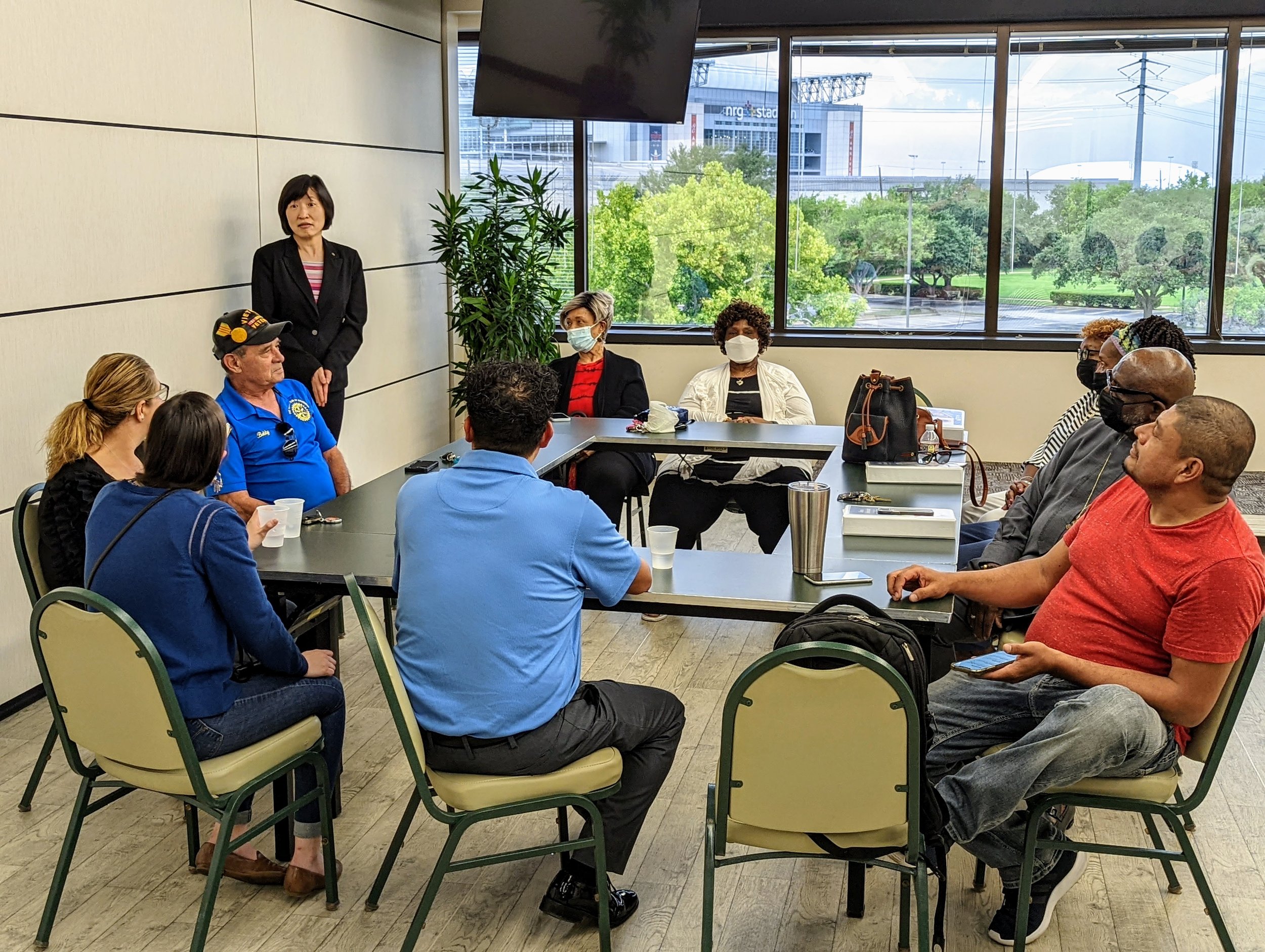BRIDGING FAITH COMMUNITIES AND PUBLIC HEALTH SYSTEMS
The Center for Faith and Public Health focuses on faith communities as a central part of life for a large percentage of the population. Establishing and partnering with health ministries is an effective strategy for advancing community health. By “starting with faith,” the Institute helps public health systems offer resources in a caring way while providing a safe place for faith communities to overcome historical barriers to essential health resources by providing education and access to adults through various initiatives. The anchor program in this center is Cities for Better Health-Houston, part of a global initiative by Novo Nordisk to provide support for people living with diabetes. Additional programs in this center include our FaithHealth Network and the FaithHealth Vaccines Initiative.
Anchor Program:
Cities for Better Health - Houston
After a decade, Cities for Better Health is increasing its commitment to closing the health equity gap in cities by focusing on the health and well-being of vulnerable communities and accelerating positive changes in urban health promotion, prevention, and partnerships.
Center for Faith and Public Health Initiatives:
A transformative two-year capacity-strengthening program designed specifically for diverse faith communities in the Greater Houston region.
The Faith and Diabetes Initiative seeks to empower diverse faith communities in Greater Houston to better understand and address diabetes awareness, prevention, and management, with special attention to religious belief, practice, and community life.
The FaithHealth Vaccine Initiative’s mission is to reduce vaccine inequity by providing people of faith access to evidence-based resources that help them make confident health decisions.
A collaborative network of faith communities and health systems focused on addressing our community’s physical, spiritual, and emotional health needs.
The Institute worked with the Clinton Foundation’s Health Matters Initiative and the Council on Recovery to host two cohorts of Faith & Opioid Roundtables in Houston. Our efforts helped us better understand local trends, gather feedback on resident experiences, and engage in a dialogue about how we can collaborate to reach all individuals and families afflicted by the crisis.







